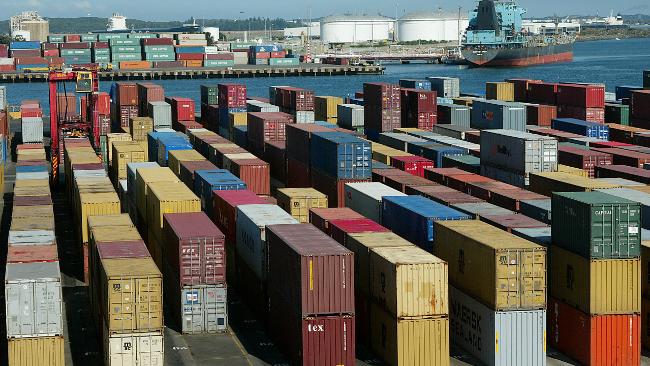Orient Group aims to double sales from EGP 100m to EGP 200m this year.
Chairperson Wael Soliman said that Orient Group aims to achieve a breakthrough in exports this year, especially to Brazil, Africa, other Latin American countries, Canada, Hong Kong, China, and Singapore.
He added that the value of the euro rose against the dollar recently by a solid margin, which will support the Egyptian crops directed to this region, especially in terms of profits.
Soliman pointed out that Orient Group focused on exporting to Canada and Africa last season, in addition to countries it originally exported to.
The company exports oranges as its main product, with strawberries and grapes in second place, followed by onions and pomegranates. About 50% of exports are directed to Eastern Europe, while East Asia accounts for 25%. In Africa, the company started dealing with Kenya at the beginning of 2017.
He pointed out the importance of increasing internal coordination among the authorities responsible for Egyptian exports, as there are several markets that need expansion, including Africa.
Soliman noted that opening China’s markets to grapes was a good start to the introduction of other products such as citrus, which would raise exports in general.
In terms of exports to the Arab countries, Soliman said that importing shipments of infected with pesticide residues pushed them to ban imports from Egypt in general.
He added that Egyptian agricultural products are characterised by their high quality compared to those of competing countries, but it is the mistakes of some exporters that cause such situations.
Soliman pointed to the lack of awareness of exporters of the consequences of such errors, which will affect the status of Egyptian exports in general, which forced the Agriculture Export Council (AEC) to resort to imposing harsh conditions on exports.
The AEC, in cooperation with the Ministry of Agriculture, has imposed a new system, which started with the harvest of grapes, strawberries, and peppers, and aims to include several crops before the beginning of each production season.
The system works to register all farms that are allowed to export, and forces them to obtain quality certificates.
“These measures may seem to be obstacles at first, especially as they require a specific system that could raise the cost of production, but in the long term, it will raise the reputation of Egyptian crops globally and thus increase their value,” Soliman said.
He added that the European market has reached a state of saturation driven by the tendency of Egyptian exporters to focus on it, amid fierce competition from Morocco, Spain, and Israel.
In terms of export development, the presence of international exhibitions, for Soliman, is a strong step towards identifying new customers and new markets that may make the company enter into products that have never been traded in.
He pointed out that the exhibitions provide an opportunity for companies to learn about new technology used around the world, which can be useful to Egyptian exporters if used correctly, as they allow for saving costs and providing products that match consumer tastes abroad.
He said that the floatation of the pound in 2016 may not benefit the export sector in 2018, especially with the production cost hikes, but remains a good step for stabilising the exchange market, thus helping the market grow.




